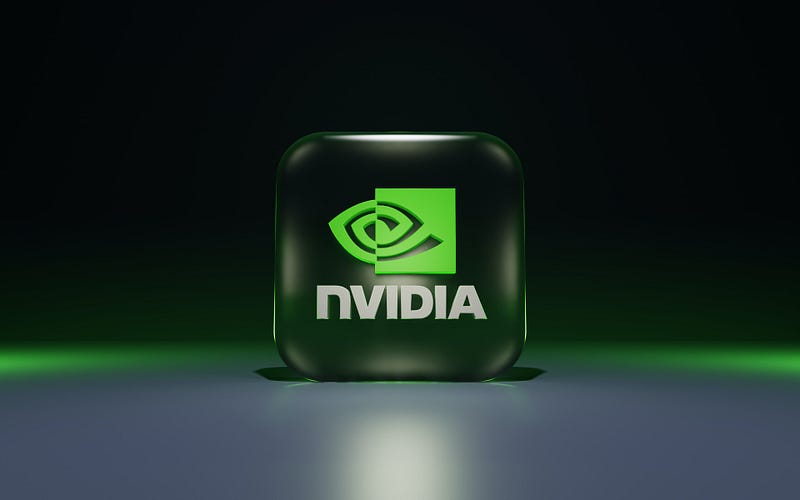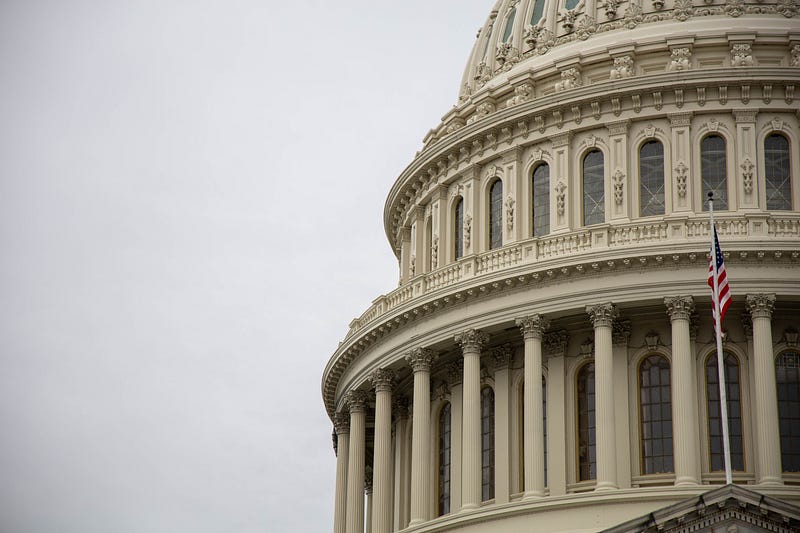US Government Halts AI Chip Exports to China: What You Need to Know
Written on
Chapter 1: Immediate Ban on AI Chip Exports
In a surprising turn of events, the US government has directed technology leader Nvidia to cease shipments of specific AI chips to China. This abrupt decision came as a shock, particularly since the initial restrictions were set to take effect 30 days after October 17, 2023. The exact motivations behind this sudden action remain ambiguous, as Nvidia has yet to disclose detailed information.
This paragraph will result in an indented block of text, typically used for quoting other text.
Section 1.1: Background on the Export Restrictions
The Biden administration had earlier announced initiatives aimed at preventing nations like China, Iran, and Russia from acquiring advanced AI chips. These high-performance chips, developed by companies such as Nvidia, are crucial in driving innovations within the AI field. The immediate implementation of these restrictions caught many off guard.

Section 1.2: Nvidia's Reaction
In response to the unexpected order, Nvidia issued a statement to the US Securities and Exchange Commission (SEC), confirming that the government had enforced these export limitations. Despite this upheaval, Nvidia remains hopeful, asserting that robust global demand for its products will mitigate any substantial effects on its near-term financial performance.
Chapter 2: The Broader Context of US-China Technology Relations
The recent halt on AI chip exports is merely one episode in the ongoing technological rivalry between the US and China. Both countries have been engaged in a series of conflicts over various tech-related matters, each taking steps to safeguard its own interests. China has not yet publicly responded to Nvidia's announcement, although they expressed their discontent with the Biden administration's recent export restrictions.
The first video discusses how the US government mandated AI chip manufacturers like Nvidia to stop exports to China, highlighting the implications of this decision.

Section 2.1: Historical Context: Previous Semiconductor Restrictions
To grasp the significance of these actions, it's essential to reflect on earlier decisions made this year when the US instructed semiconductor companies to halt shipments to specific Chinese entities. This strategy aimed to limit China's access to advanced technologies that could enhance its military capabilities, particularly in AI. Such actions not only affect the tech sector but also have far-reaching consequences for international trade and diplomatic relations.
The second video examines the impact of US sanctions against China, forcing global companies to choose between abandoning China or remaining in the US market.
Section 2.2: Market Dynamics
Nvidia's strong position in the AI chip sector is significant, as the demand for its products has led to a notable rise in its stock price, placing it among the world's leading technology firms alongside giants like Apple, Amazon, and Microsoft. Another competitor in the field, Advanced Micro Devices (AMD), also provides AI chips to China, yet they have not commented on the recent export restrictions.
